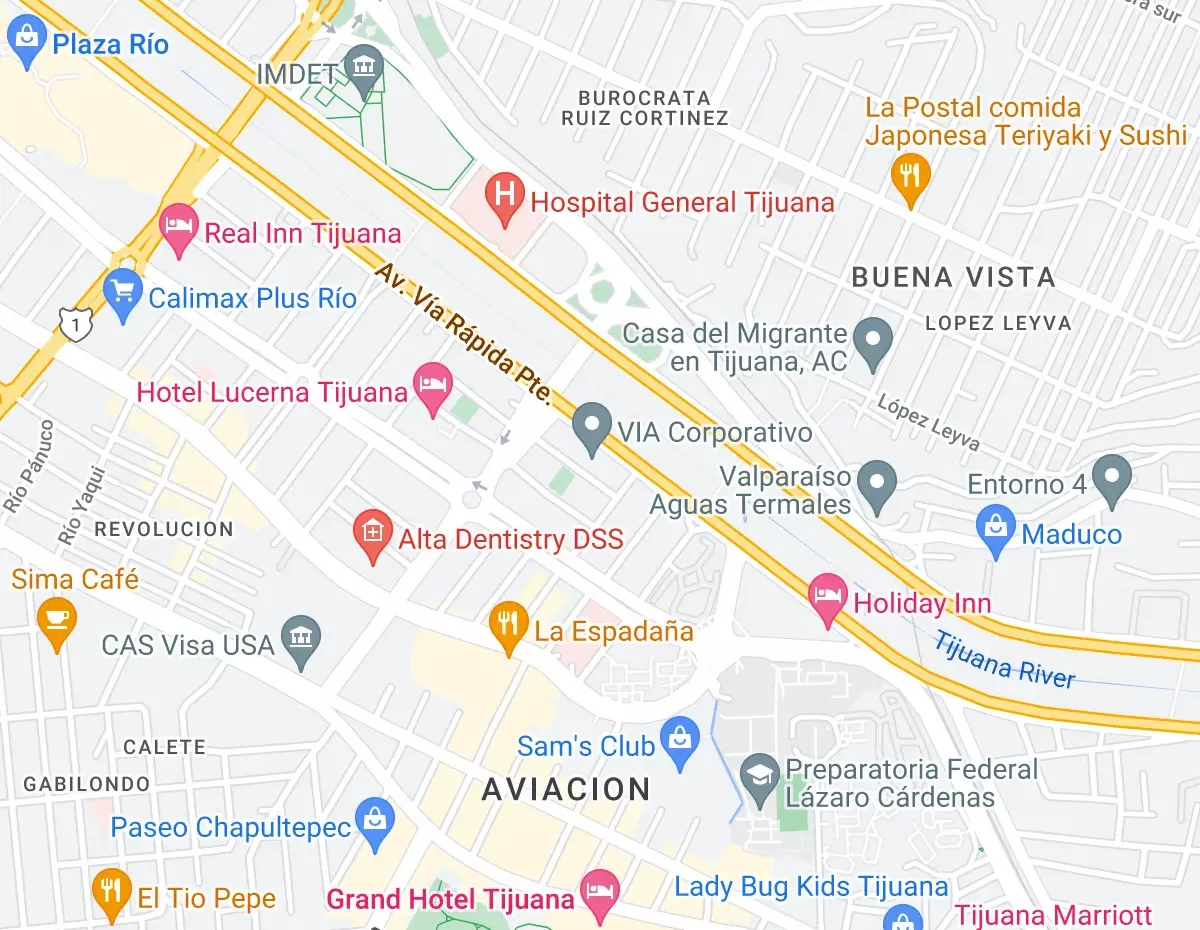Recent research from Stanford University has highlighted ibogaine, a naturally occurring psychoactive compound derived from the African iboga shrub, as a promising treatment for PTSD, particularly among veterans suffering from traumatic brain injuries. This compound has shown significant efficacy in reducing symptoms.
In a study involving 30 participants, those who were given ibogaine experienced an average reduction of 88 percent in PTSD symptoms and notable improvements in depression and anxiety levels at least one month after treatment. The therapy was administered at an ibogaine clinic in Mexico, where ibogaine was combined with magnesium to mitigate potential heart risks.
This study suggests that ibogaine could serve as a viable alternative to traditional therapies, especially for those who have not found relief through conventional methods. As interest in ibogaine and other psychedelics grows, its potential as a legal ibogaine treatment warrants further exploration.
“No other drug has ever been able to alleviate the functional and neuropsychiatric symptoms of traumatic brain injury,” said Nolan Williams, MD, an associate professor of psychiatry and behavioral sciences. “The results are dramatic, and we intend to study this compound further.”
Key Takeaways
- Significant Symptom Reduction: Recent research highlights ibogaine's efficacy in reducing PTSD symptoms, with studies showing an average reduction of 88 percent in PTSD symptoms among participants. This includes notable improvements in depression, anxiety, and cognitive function, making ibogaine a promising alternative for those who have not found relief through conventional therapies.
- Mechanism of Action: Ibogaine works by promoting neuroplasticity and fostering new neural connections, which can help individuals confront and process traumatic memories. This unique mechanism differentiates ibogaine from traditional treatments, offering a more holistic approach to mental health recovery by addressing both psychological and physiological aspects of PTSD.
- Immediate and Long-term Benefits: The therapeutic effects of ibogaine can last for varying durations, with some individuals experiencing relief from symptoms for up to a month after treatment. This extended duration of benefits provides a significant advantage over traditional therapies, offering sustained improvements in mood, cognitive function, and overall well-being.
- Complementary Therapies: Combining ibogaine treatment with complementary therapies such as psychotherapy and mindfulness practices can enhance overall treatment efficacy. This holistic approach is particularly beneficial for military veterans and individuals with traumatic brain injuries, providing a comprehensive strategy for managing PTSD symptoms and improving quality of life.
- Legal and Safety Considerations: Despite its promising therapeutic potential, ibogaine is classified as a Schedule I controlled substance in the US, posing legal challenges for its use. Proper medical supervision and thorough screening are crucial to mitigate risks, such as potential cardiac complications, ensuring safe and effective treatment outcomes for PTSD sufferers.
Understanding Post-Traumatic Stress Disorder (PTSD) Symptoms
Post-Traumatic Stress Disorder (PTSD) is a mental health condition that can occur after experiencing or witnessing a traumatic event. Individuals suffering from PTSD often exhibit a range of symptoms, including intrusive memories, flashbacks, severe anxiety, and emotional numbness.
The criteria for PTSD include the presence of these symptoms for more than a month, significantly impairing daily functioning. Common causes of PTSD include military combat, sexual assault, natural disasters, and serious accidents.
Moreover, PTSD and depression frequently co-occur, complicating the recovery process. Those with PTSD may also experience heightened irritability, difficulty concentrating, and sleep disturbances. Understanding these symptoms is crucial for identifying effective treatments and supporting individuals on their healing journey.
What is Ibogaine Therapy?
Ibogaine therapy involves the use of the psychedelic drug ibogaine, a plant-based psychoactive drug derived from the root of the Tabernanthe iboga shrub, native to Central Africa. Traditionally used in spiritual rituals, ibogaine is a naturally occurring compound that has gained attention for its potential therapeutic benefits, particularly in treating addiction and mental health disorders, including PTSD.
The drug ibogaine works by promoting neuroplasticity and fostering new neural connections, which may help individuals confront and process traumatic memories. During a session at an ibogaine clinic, patients often experience profound psychological insights that can aid in their recovery. Studies indicate that ibogaine may help reduce symptoms of PTSD significantly, with many participants reporting substantial improvements after just one treatment.
While ibogaine as a treatment has shown promise, it remains classified as a Schedule I controlled substance in the United States, limiting its availability.
However, interest in legal ibogaine therapy is growing, as researchers explore its potential alongside ibogaine and other psychedelics for mental health interventions. The transformative effects of this psychedelic called ibogaine continue to be a focal point in the evolving landscape of psychedelic-assisted therapy.
How Does Ibogaine Therapy Work for PTSD
Ibogaine, a plant-based psychoactive drug derived from the root bark of the Tabernanthe iboga shrub, has shown promising results in treating post-traumatic stress disorder (PTSD) and other mental health conditions. This unique psychedelic compound has been used for centuries in spiritual and healing rituals by the Pygmy tribes of Central Africa. In recent years, researchers have begun to explore its potential therapeutic applications, particularly in the context of treating PTSD and addiction.
Significant Symptom Reduction
One of the most significant findings from studies on ibogaine therapy for PTSD is the substantial reduction in symptoms.
A single dose of ibogaine led to large reductions in PTSD (d = −3.6), depression (d = −3.7), anxiety (d = −3.1), suicidal ideation (d = −1.9), and cognitive impairment (d = −2.8) in veterans with PTSD.
Moreover, one month after ibogaine treatment, veterans' average disability ratings improved from 30.2 to 5.1 on the WHO Disability Assessment Scale, with the greatest boost in cognition. Remarkably, ibogaine reduced suicidal ideation from 47% to 7% in veterans at the one-month follow-up.
In addition to symptom reduction, ibogaine therapy has been associated with increased psychological flexibility (d = 2.9), which was strongly linked to reductions in cognitive impairment, PTSD, depression, and anxiety symptoms. Increased cognitive flexibility has been tied to decreased PTSD symptom severity and improved treatment outcomes.
Potential Mechanisms of Action
Researchers have proposed several potential mechanisms by which ibogaine may exert its therapeutic effects. One hypothesis is that ibogaine facilitates plasticity and remodeling of brain connections, which could play a role in its ability to alleviate PTSD symptoms. Additionally, ibogaine acts on the serotonin transporter protein (SERT), which is targeted by common antidepressants. Furthermore, ibogaine allows the evocation and reprocessing of traumatic memories, which is relevant for addressing PTSD.
While these results are promising, larger controlled studies are still needed to fully establish ibogaine's effectiveness and safety profile for PTSD treatment. The drug can cause cardiovascular side effects, but IV magnesium appears to mitigate this risk. Overall, ibogaine shows exciting potential as a rapid-acting, potentially cost-effective treatment for treatment-resistant PTSD, particularly among veterans and individuals who have not found relief through conventional therapies.
Ibogaine and Other Psychedelics
Ibogaine is not the only psychedelic compound being explored for its potential in treating PTSD. Other substances, such as psilocybin (the active ingredient in "magic mushrooms") and MDMA, have also been researched for various psychiatric conditions, with some promising results. These psychedelics are often used alongside psychotherapy, as the treatment approach is different from that of ibogaine therapy.
To sum up, ibogaine therapy has shown significant promise in reducing PTSD symptoms, improving cognitive function, and increasing psychological flexibility in individuals suffering from this debilitating condition. While more research is needed, the potential of this plant-based psychoactive drug to provide rapid and lasting relief for those struggling with PTSD is an exciting avenue of exploration in the field of mental health treatment.
The Four Types of PTSD Symptoms
Individuals suffering from PTSD often experience a range of symptoms that can significantly impact their daily lives. These symptoms are typically categorized into four main types: re-experiencing, avoidance, negative changes in thinking and mood, and changes in physical and emotional reactions.
Understanding these symptoms is crucial for recognizing PTSD and seeking appropriate treatment.
Re-experiencing Symptoms
Re-experiencing symptoms make you feel like you are reliving the traumatic event. Examples include flashbacks, nightmares, and intrusive memories or thoughts about the event. These symptoms can trigger physical reactions like rapid heartbeat or sweating.
Avoidance Symptoms
Avoidance symptoms involve deliberately avoiding things associated with the trauma. This includes avoiding certain places, people, conversations, activities, or situations that trigger memories of the event. You may also avoid thinking or talking about the trauma.
Negative Changes in Thinking and Mood
PTSD can lead to negative changes in how you think and feel. Symptoms include negative thoughts about yourself or the world, feeling detached from friends and family, inability to experience positive emotions, difficulty remembering aspects of the trauma, and feeling hopeless about the future.
Changes in Physical and Emotional Reactions
PTSD can alter your physical and emotional reactions, leading to symptoms like being easily startled, feeling tense or on guard, having trouble sleeping, angry outbursts, and self-destructive behavior like substance abuse. These are also called hyperarousal or reactivity symptoms. For a PTSD diagnosis, symptoms must last for more than a month, cause significant distress or impairment in functioning, and not be due to medication, substance use, or another medical condition. PTSD is a treatable condition, and seeking help from a mental health professional is important for managing symptoms and improving quality of life.
Closing Thoughts
Ibogaine therapy presents a promising alternative for treating PTSD, especially for military veterans and those with traumatic brain injuries. While the treatment shows significant potential, it is essential to consider the associated risks and legal challenges. Ongoing research from institutions like Stanford University continues to shed light on its effectiveness and safety. At New Roots Ibogaine, we are committed to providing cutting-edge treatments and comprehensive care for PTSD sufferers.
Contact us today to learn how our specialized ibogaine therapy can help you or your loved one reclaim a life free from the debilitating effects of PTSD.




